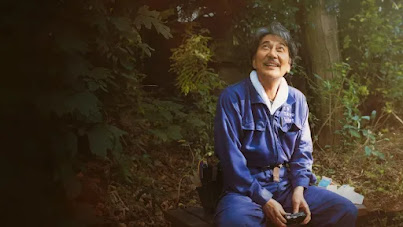The Farmer’s Wife (Helen Rebanks): I’ve previously read James Rebanks’ brilliant two books about his family’s lives, over several generations, as sheep farmers in the fells of the Lake District. This is his wife’s ‘take’ on their farming life… about the love and pride for the land they farm; for her family (they have four young children); for their way of life and all its trials, tribulations, frustrations and joys. She writes quite beautifully and honestly about the difficulties of keeping things going despite the lack of money, but also about the endless improvisation and determination to achieve their dreams. She’s a full-time mother (with an art degree) dealing with all the day-to-day responsibilities of the school run and school liaison, caring for the domestic animals, cooking, farm administration (including all the form-filling, licences etc) and much, much more. There’s a section in the book in which she describes when the family were effectively ‘cut off’ for several days (no electricity, internet etc) during heavy snowstorms and their resourceful in staying safe/warm and nourished – whilst, at the same time, ensuring that their animals are tracked down and fed – a sobering reminder of what a hard life farming can be. Although I only briefly thumbed through them, the book also contains a whole host of recipes! A very impressive, powerful and frequently quite moving book.
abide with me
6 years ago













